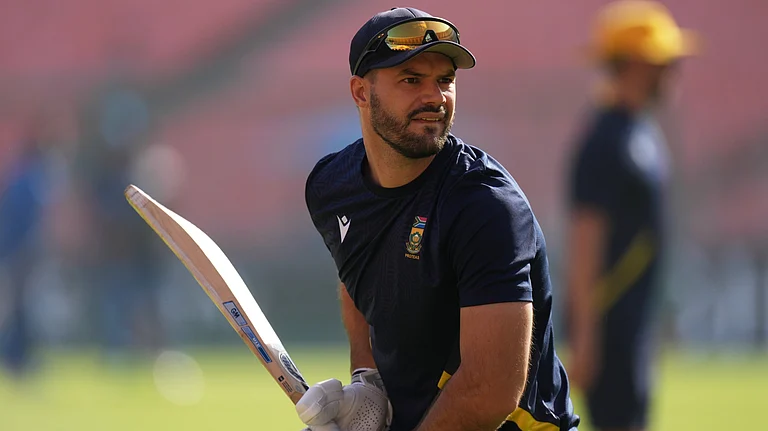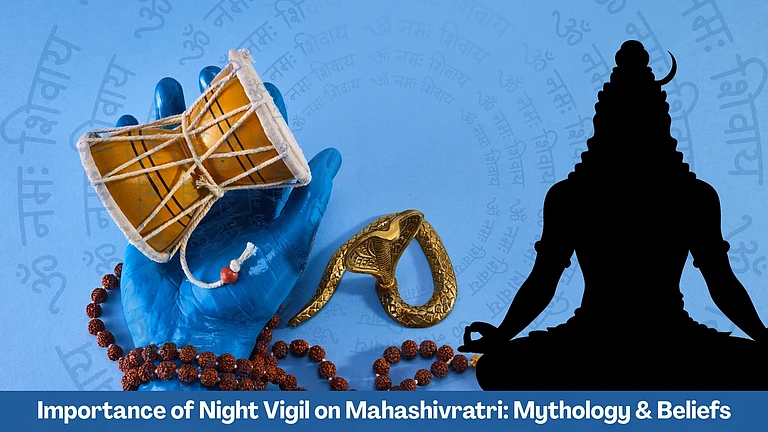In 2003, when I was working on my book, India’s Emerging Economy, to be published by The MIT Press, I thought I would dedicate it to Dr Manmohan Singh as “scholar parliamentarian”. I checked with a politically astute friend about his future because I did not want to dedicate my book to an active politician. My friend assured me there was no need to fear—Manmohan Singh had reached the end of his political life. Less than a year later, Manmohan Singh was the prime minister of India. So much for my friend’s astuteness.
But I cannot really blame my friend. Just as, according to the laws of aerodynamics, the bumblebee cannot fly, according to the laws of politics, Manmohan Singh could not be prime minister. He has no taste for intrigue, is disarmingly honest, has a natural humility and is a gifted and phenomenally well-read scholar. Such people never make it to the helm of politics, let alone be prime minister. This was an accidental prime minister to be sure, but for that reason the choice came as a breath of fresh air in a nation as complex, chaotic and energetic as India.
This essay is not meant to be an evaluation of an outgoing prime minister as a political leader but a reflection on the person, Manmohan Singh, drawing on the time I interacted with him during and before my term as chief economic advisor at the Union ministry of finance.
One reason for staying away from an evaluation is that it is far too fresh and therefore impossible to do justice to. Even though Mao Zedong’s famous response when asked what he thought of the French revolution—“It’s too early to judge”—may be both excessive and apocryphal, the sentiment is not without merit. We are often too hasty in attributing causation.
In fact, if one runs a straightforward correlation between leaders and runs of the Indian economy, Dr Singh comes out right on top. The most phenomenal period of economic growth for India was from 2005 to 2008, when Manmohan Singh was firmly ensconced as prime minister and India’s GDP grew on average by 9.5 per cent each year. In terms of GDP, adjusted for purchasing power parity, the latest numbers released last week by the International Comparison Program’s Global Office, hosted by the World Bank, show that between 2005 and 2011, India’s performance was excellent. From being the fifth largest economy in the world, behind the US, China, Japan and Germany, it became the third largest, having overtaken Germany and Japan.
But to say that this was because of one person, be it the prime minister or the finance minister, would be wrong. The economy is far too complex an organism, with a multitude of influences at work, for any single person to take credit. Equally, when an economy slows down, as India did over the last two years, it would be wrong to place all the blame at the doorstep of the leader. There have been cases of a single leader sparking off growth or crashing the economy but those are few and far between.
Where Manmohan Singh gets unstinting credit is for the unleashing of the Indian economy through the reforms of 1991-93. Its effects were visible almost immediately. India’s foreign exchange reserves and trade grew exponentially, starting in the mid-’90s, GDP growth surged from 1994, averaging around 7 per cent per annum for three years. The fact that Indians today fret when the growth rate drops to 5 per cent shows what a dramatic change of yardstick the country has achieved since the early ’90s.
Dr Singh is essentially an apolitical person. The intrigue of politics does not interest him. His passion is economic policy. This paid rich dividends for India in the early 1990s and later I got a glimpse of his sharp focus in April 2012. On April 18 that year, I gave a lecture at the Carnegie Endowment in Washington. I spoke about the slowdown in India’s economy, pointing out how this was in part a reflection of the massive global slowdown (so much so that India was still among the top-10 fastest growing economies in the world) but also in part caused by the slowdown of reforms within India. I argued that with a little renewed dynamism—in particular, cutting down the bureaucratic hurdles and providing better infrastructure—India’s growth could climb back up despite the hostile global environment.

This was reported very poorly in India, in a totally one-sided way and with some actual misquotes. The Opposition picked it up and a storm broke out in the Indian media. When I returned to India, I felt I ought to go to see the prime minister because of the political heat that my comments had generated.
On April 26, I went to see him at his Lok Sabha office. I asked him about the political fallout of my comments; he asked me what we could do to lift the country out of the slowdown, especially given the global recession. We soon got to talking about the Great Depression and the exact policies used to get the economies out of it. He delved effortlessly into details of Keynes’s ideas and Roosevelt’s actions. He clearly had little interest in the political fracas and was much more interested in trying to plan ways to get India growing rapidly once again.
I cannot deny that I often felt frustrated by the extent of corruption in India and that we could not do more to cut bureaucratic costs—the single biggest hurdle to India’s development. This took me to some relatively new areas of policy discourse and gave me a glimpse of the kind of person Dr Singh is.
With one corruption scandal breaking after another, in March 2011, I posted a paper on the finance ministry’s website arguing how India’s Prevention of Corruption Act, 1988, needed amendment. I argued that in the case of ‘harassment bribes’, where an ordinary citizen was being asked to pay a bribe for something that he or she is legally entitled to, the giving and taking of bribes must not be treated on par. In particular, the giving of such bribes should not be construed as illegal and the taking of such bribes should be heavily punished.
By April, this had caused a storm, with some members of Parliament writing to the prime minister and finance minister about the ‘immorality’ of my argument and demanding that my paper be taken down from the finance ministry website. I still believe my idea is a powerful one and the government ought to amend the law. But that is another matter.
On April 23, Barkha Dutt called me several times asking me to join the television debate (read slanging match) on my idea on We the People. Given the controversy I had already churned up, I decided to do what I rarely did, ask my bosses’ advice. The finance minister was out of the country. I phoned the prime minister’s residence in the evening. Before I could say much, he began comforting me saying that controversy is a part of political life. When I asked him what he thought of my idea, he said he disagreed with it but, he added after a pause, that that must not be reason for me not to talk about it. As chief economic advisor, I was meant to bring ideas to the table, and I must continue to do so. This was courageous of him. And I am not talking here of the ‘courage’ of shouting at one’s subordinates but something deeper.
As I hung up the phone, I felt strangely optimistic for India. There is no denying that the government made mistakes in economic policy and there have also been political blunders, but if we could persist in being an open society of the kind the prime minister’s words to me that day suggested, there was hope. It is a rare politician, rare anywhere in the world, who would speak so elegantly as he did that day to me.
In all the changes that lie ahead for India, I hope our leaders will appreciate the hard-won gains of the nation’s democracy and vibrant culture of free speech and tolerance, and continue to nurture these even though they may be personally costly to them.
A politically astute friend of mine advised me against writing this article in praise of Manmohan Singh. He pointed out that the general mood is not very charitable towards him; and, further, my article would please a prime minister about to lose power but could displease the prime minister about to take office. That, he assured me, was not politically savvy of me. Well, I’ll have to see whether this time the astuteness is for real.
UPA chief economic advisor from December 2009 to July 2012, Basu is chief economist, World Bank


























